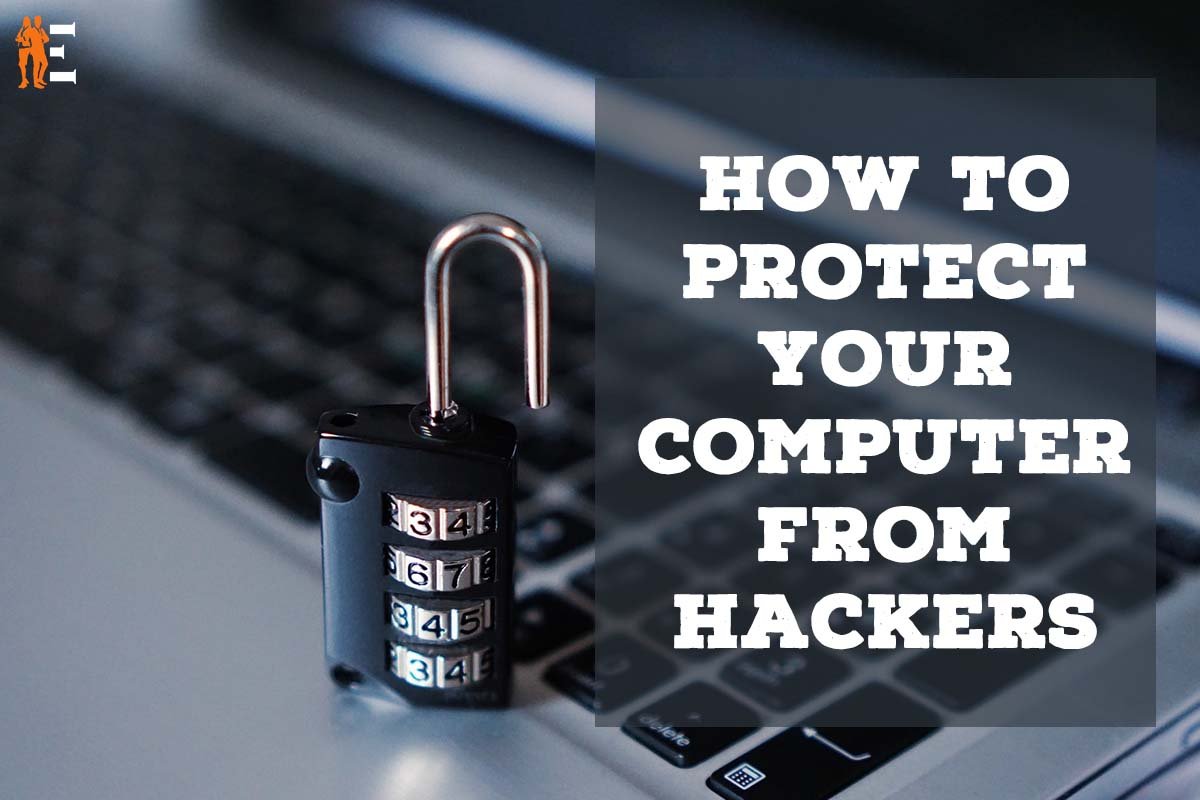Cybercriminals, often known as “hackers,” gain unauthorized access to computers, mobile devices, and other internet-connected gadgets for the purpose of committing fraud, espionage, or theft. So to protect your computer from Hackers by following ways.
Hackers often get access to equipment for nefarious reasons, similar to the intentions of other types of criminals. (With the exception of “white hat hackers,” who are employed by businesses to breach their systems in order to identify vulnerabilities and provide solutions.) Malware (software designed to steal, change, or erase data) is commonly installed on devices without the owner’s knowledge or consent by hackers who want to get unauthorized access to the device’s data. Thieves in this group may be able to access your most sensitive information before you ever realize anything is wrong.
Here is How to protect your computer from Hackers;
1. Install a firewall.
Both Windows and macOS have firewalls by default, which serve to block unauthorized access to your computer. If an intruder tries to enter your company’s network, a firewall will detect and notify you to their effort which helps you to protect your computer from Hackers.
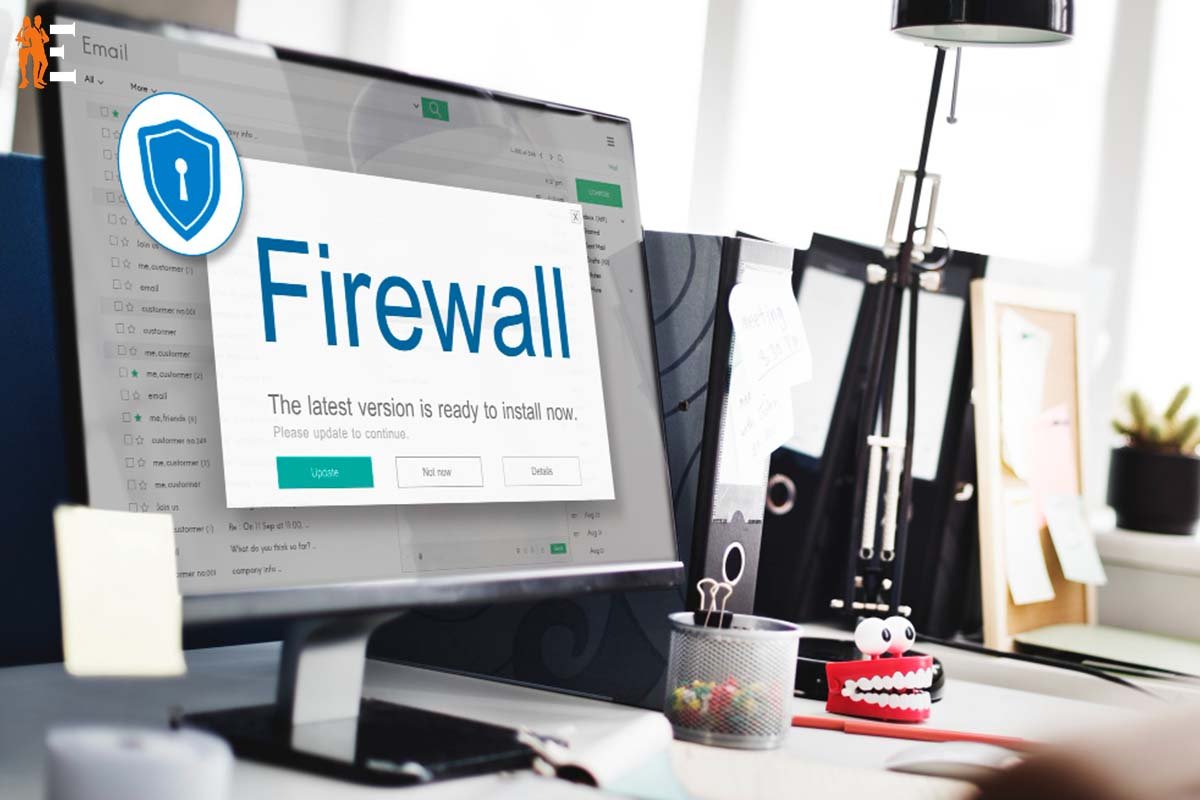
Before to connecting to the internet, make sure the firewall is turned on. The broadband router you use likely includes its own firewall for further security, but you may also buy a separate hardware firewall from a company like Cisco, Sophos, or Fortinet. Additional corporate networking firewalls might be purchased if your company need protection from outside intrusion.
2. Download and install antivirus software.
Malware and viruses are pervasive in today’s connected world. Bitdefender, Panda Free Antivirus, Malwarebytes, and Avast are just a few of the antivirus apps available to safeguard your OS against malicious code and software. Viruses might have obvious consequences, such as slowing down your computer or erasing crucial information, or they can have less obvious consequences.
Your computer and its data are much safer when you have antivirus software installed, since it can identify potential dangers in real time. In order to keep up with the constant stream of new malware, some of the more sophisticated antivirus applications provide automated updates. Don’t neglect your antivirus software after installing it. Scan for viruses manually or set up a regular scanning plan to ensure your PC is virus-free.
3. Get yourself an anti-spyware program.
Spyware is a kind of malicious software designed to monitor and steal data from a target system without the target’s knowledge. It is meant to evade detection and removal efforts, and it may show up in your search results or as an advertisement with the malicious intent of sending you to a certain website.
Some malware monitors your every move to steal your personal and financial data by recording your keystrokes. Although anti-virus software like Webroot, McAfee, and Norton may not contain anti-spyware, this feature is increasingly becoming standard in modern security suites. Real-time protection is provided by anti-spyware software by checking all incoming data and preventing threats it helps you to protect your computer from Hackers.
4) Make your passwords difficult to crack.
The best approach to protect your computer from Hackers is to use strong passwords. Strong passwords make it more difficult for hackers to get access to your system.
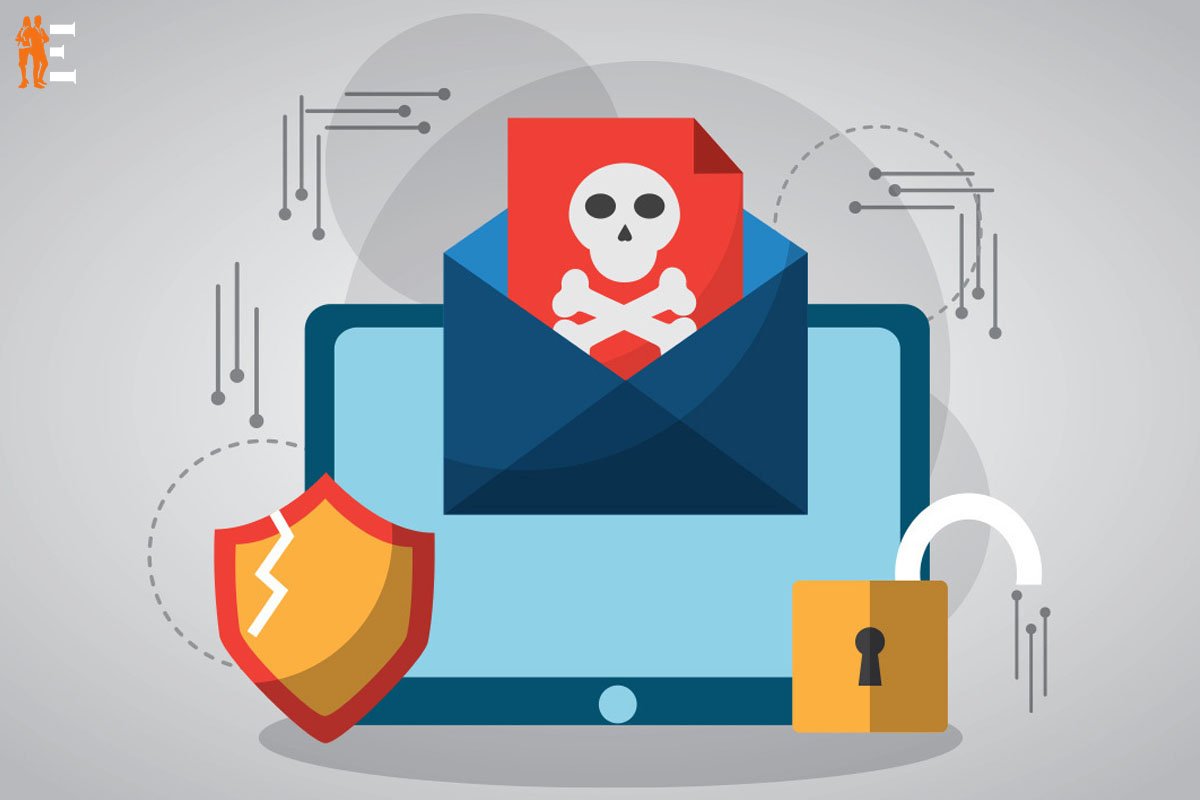
Longer and more difficult often indicate a higher level of security. Passwords should be at least eight characters long and include a mix of capital and lowercase letters, numbers, and special characters recognized by your computer. Now more than ever, hackers are equipped with the means to crack even the most basic passwords in a matter of minutes.
Don’t choose a password that includes your name, birthdate, or any other piece of personal information. Avoid using the same password again. Use a password manager like Dashlane, Sticky Password, LastPass, or Password Boss if you have trouble keeping track of all your different login credentials.
5. Always keep your operating system, programs, and browser up to date.
Update your operating system whenever a new version becomes available. The majority of these updates involve patches to security flaws that would otherwise allow hackers to access and use your data. Applications are the same way. Web browsers have come a long way in recent years, particularly when it comes to protecting users’ personal information.
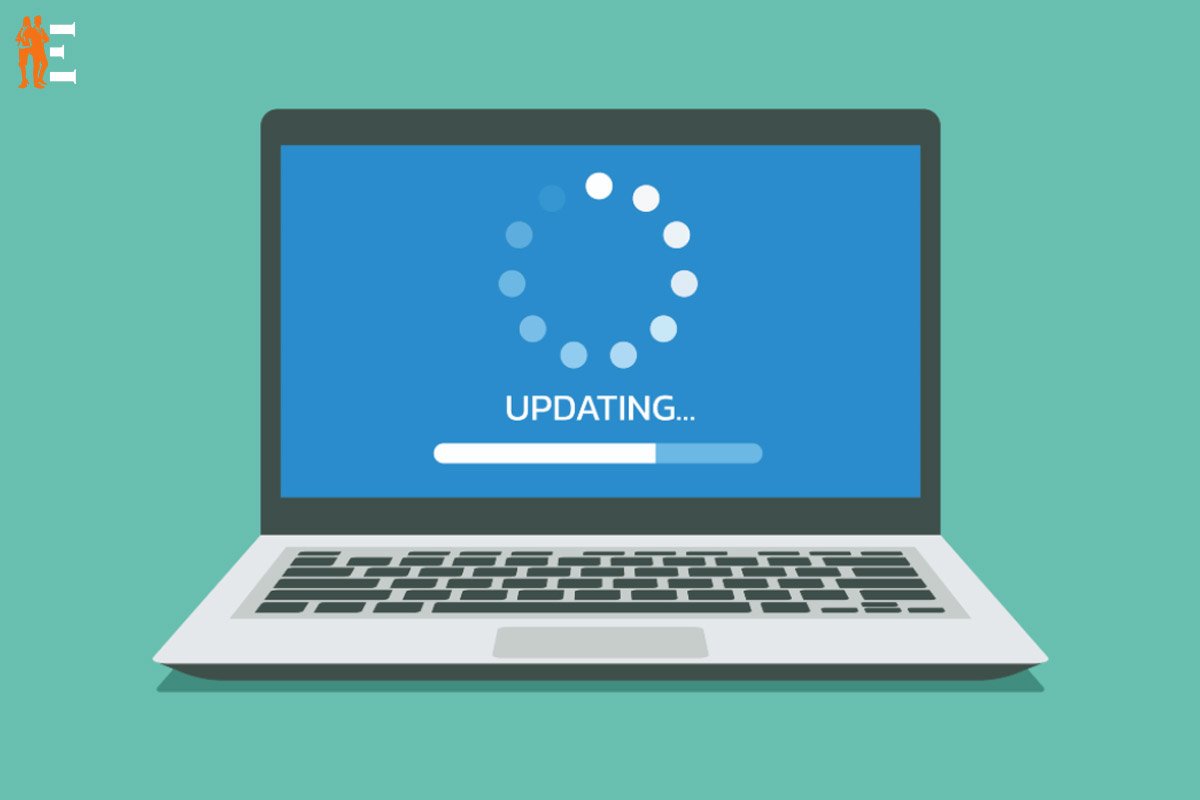
After installing all updates, check your browser’s security settings. You can protect your computer from Hackers and your computer’s anonymity on the internet by doing things like using a private browsing mode in your browser that blocks websites from monitoring your online activity. You might also use one of these anonymous browsers.
6. Ignore spam.
Avoid opening files or clicking on links in emails from people you don’t know. The spam filters on email accounts are now quite excellent at removing the obvious junk mail. Be wary of any email that seems out of the ordinary; phishers are increasingly using sophisticated techniques to make them appear like they came from a friend, colleague, or even a legitimate company (like your bank).
7. Create a backup of your PC.
Start backing up your company’s hard drive immediately if you haven’t been doing so for protect your computer from Hackers. In case hackers breach your defenses and destroy your system, you must have a recent backup of all your data.
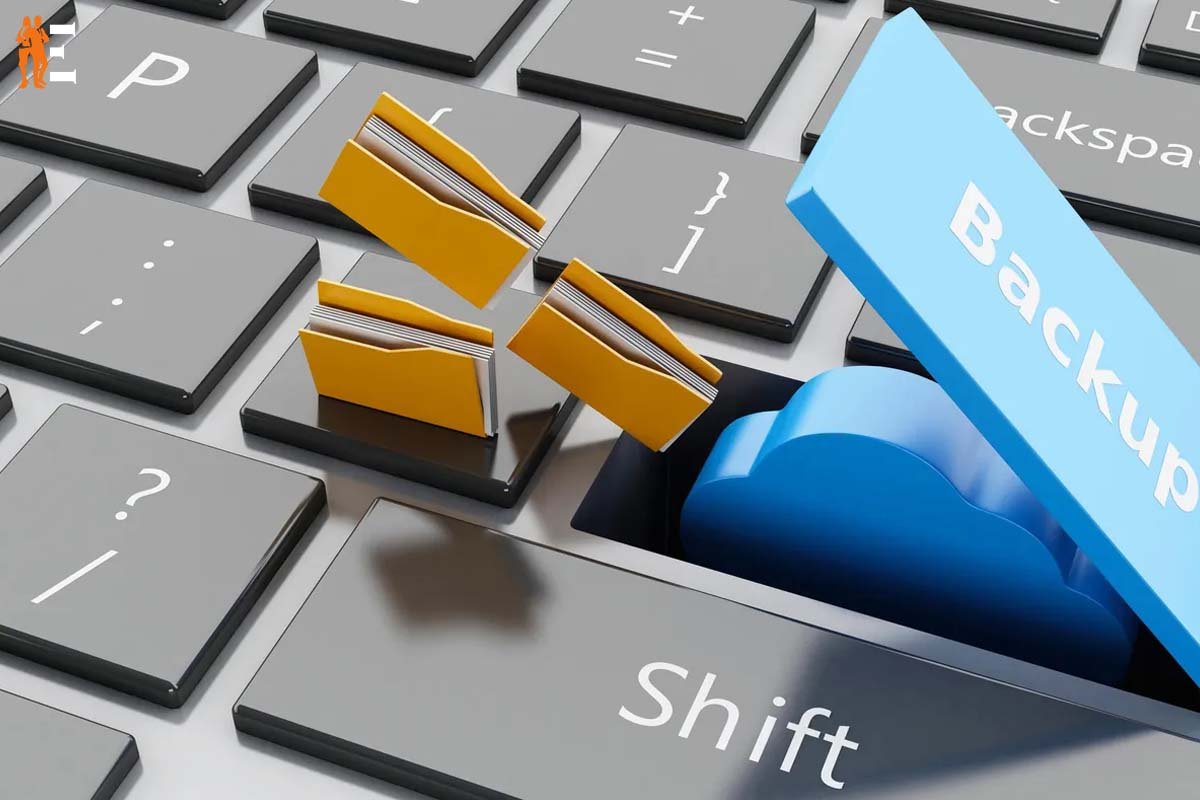
Be prepared to recover promptly from any data loss or incident. Both macOS (Time Machine) and Windows (File History) have useful backup solutions. In addition, an external hard drive serving as a backup may provide the necessary storage capacity for these programs to function correctly.
8. Turn it off.
All systems go round the clock for many companies, particularly those that run a web server. Yet, if you aren’t running a highly technical online business, you can save energy by turning off your computer overnight or for extended periods of time while you’re not using it. Leaving your computer on all the time makes it more accessible to hackers, but turning it off cuts off all communication between your network and the intruder.
9. Make use of virtualization.
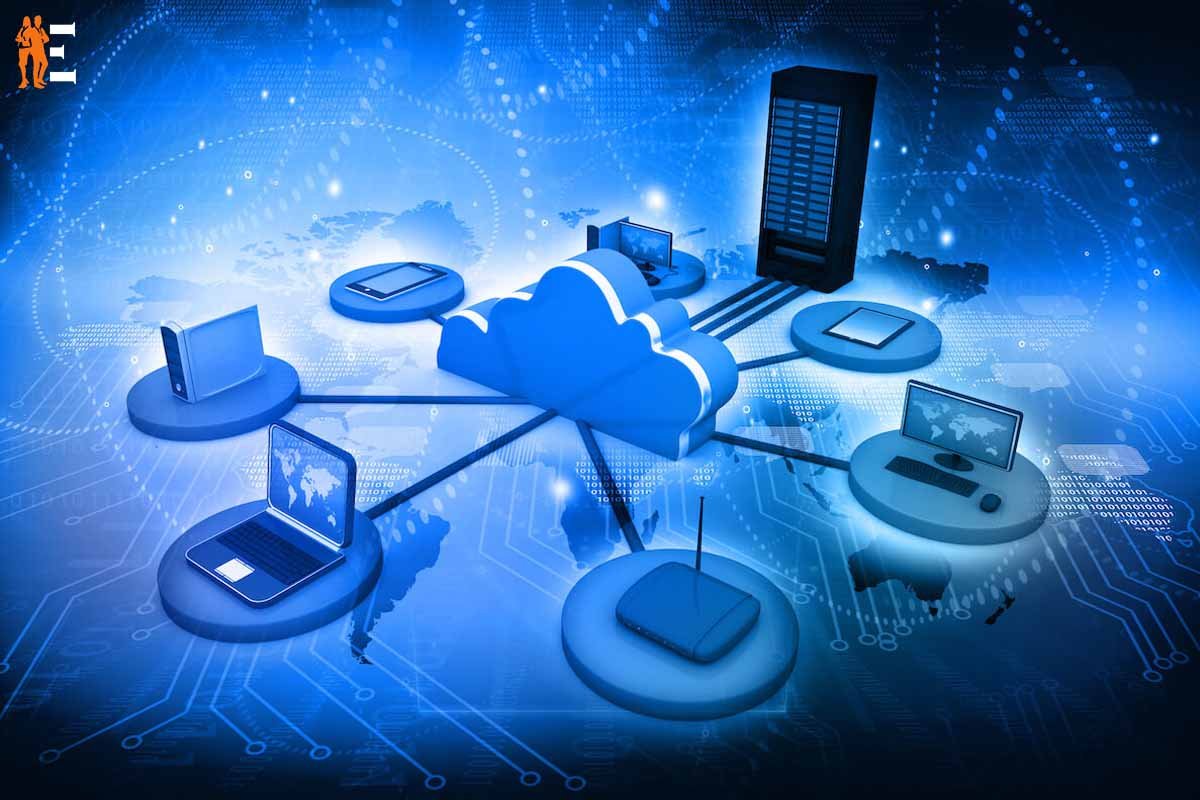
To protect your computer from Hackers everyone doesn’t need to go this way, but shady sites can surely infect your computer with malware and viruses. While avoiding risky websites is the best approach to prevent browser-based incursions, you may also use virtualization software like Parallels or VMware Fusion to run your browser in a sandboxed environment that is separate from your actual operating system.
10. Make your network secure.
In most cases, routers will not have their maximum security settings activated out of the box. To ensure the safety of your network, it is recommended that you use an encrypted login and password while setting up the router to protect your computer from Hackers. By doing so, hackers won’t be able to get access to your network and tinker with your configurations.

